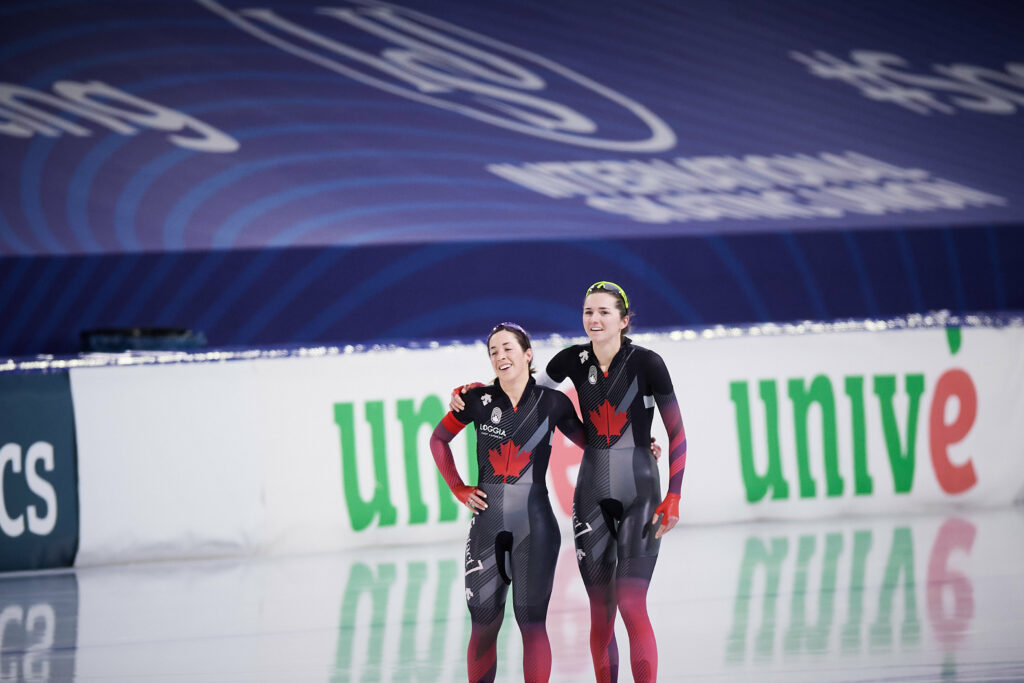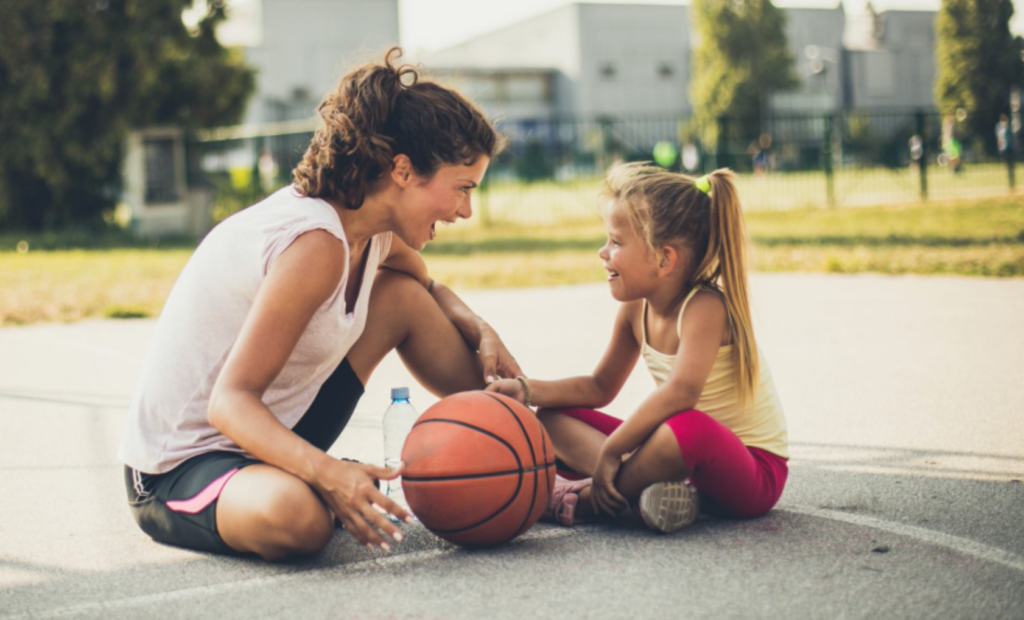Hitting the wall
All marathon runners know the feeling of “hitting the wall,” when their pace slows dramatically due to fatigue and depleted energy stores. In fact, new research finds that most runners hit the wall in the 33rd kilometer of a marathon, and that it is as much a psychological phenomenon as it is physiological. Being cheered…
Coaches enhance the Masters sport experience
For Masters athletes, a quality coach provides a range of benefits that distinguish training and competition from fitness or exercise. These include enhanced confidence, learning processes, lifestyle habits, and the creation of an environment that meets their need for affiliation.
Active breaks
When it comes to sedentary behaviour (waking time spent at rest in a sitting or reclined position), Canadian adults received a grade of F in the 2021 ParticipACTION Report Card on Physical Activity for Adults. Not surprisingly, more than 60% of Canadians reported spending more time using the internet and watching TV during the pandemic….
Memory boost
Exercise is one way to prevent the age-related decline of memory. In fact, new research shows that aerobic exercise may enhance memory in previously inactive older adults, with the potential for high-intensity interval training (HIIT) to yield the greatest benefit.
Light physical activity benefits
ParticipACTION’s Report Card on Physical Activity for Adults states that 56% of adults living in Canada get at least 3 hours of light physical activity (LPA) each day. What is LPA and why does it matter? LPA is any activity that requires using up low levels of energy such as walking for leisure, standing work…
Beyond the medals: The health of retired high performance female athletes

Swimmer Summer McIntosh. Fencer Jessica Guo. Artistic swimmer Rosalie Boissonneault. These teenagers were among the youngest Canadian competitors in the 2020 Tokyo Olympic Games. Their intensive training will likely continue for many years to come as they search for even more success in their respective sports. But what happens later, when these female athletes put…
Winter Games injury prevention
Did you know that 12% of athletes competing in the PyeongChang 2018 Winter Olympic Games experienced an injury? While injury rates have remained similar across the last 3 Winter Olympics, there is considerable variation in incidence rates across sports. Understanding sport-specific variations in illness or injury can help with prevention and planning of healthcare during…
Self-compassion and injury recovery
After injury, athletes can experience a range of negative emotions and coping strategies (e.g., anxiety, worry, ruminating or dwelling, avoidance). Self-compassion can enable athletes to focus on healthier, more proactive ways of moving forward with recovery, and may even reduce injury occurrence by decreasing athletes’ physiological activation to stress and facilitating their ability to focus…
True North Challenge
Research shows that time spent outdoors being active is excellent for your mental health. When you exercise (especially outside), your body releases endorphins and feel-good chemicals that help boost your mood and beat the winter blues. If you’re looking for an easy way to get moving this month, join ParticipACTION’s True North Challenge, running February…
Why youth sport isn’t just for kids: it benefits mom too!

Highlights Sport mom (noun, ???? spohrt mahm) Parents with a child or teen involved in sport know that along with the daily responsibilities of parenting, youth sport demands time, money and a degree of emotional restraint (Hayward et al., 2017). They also know that it comes with opportunities to face new challenges, belong to a…